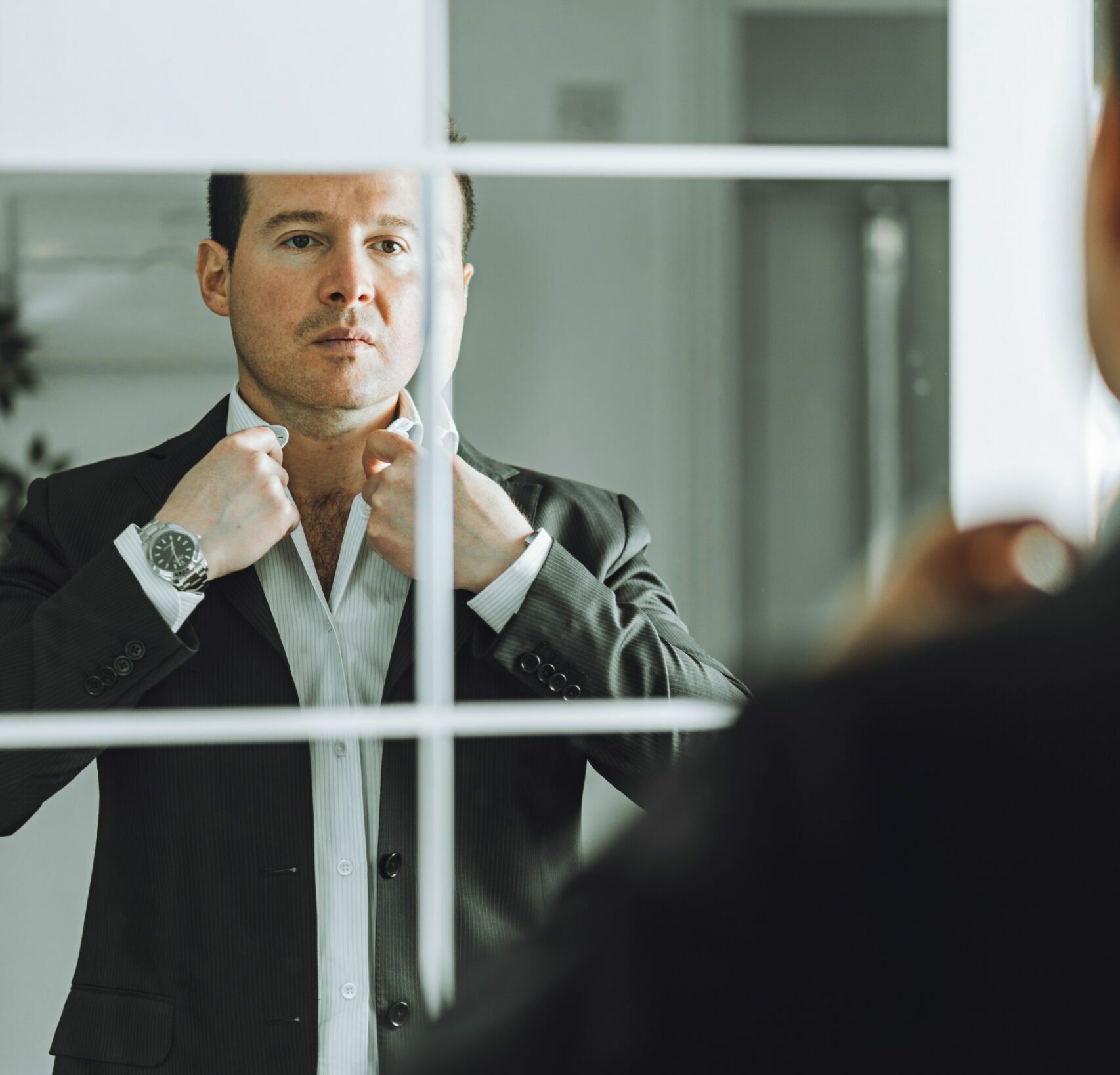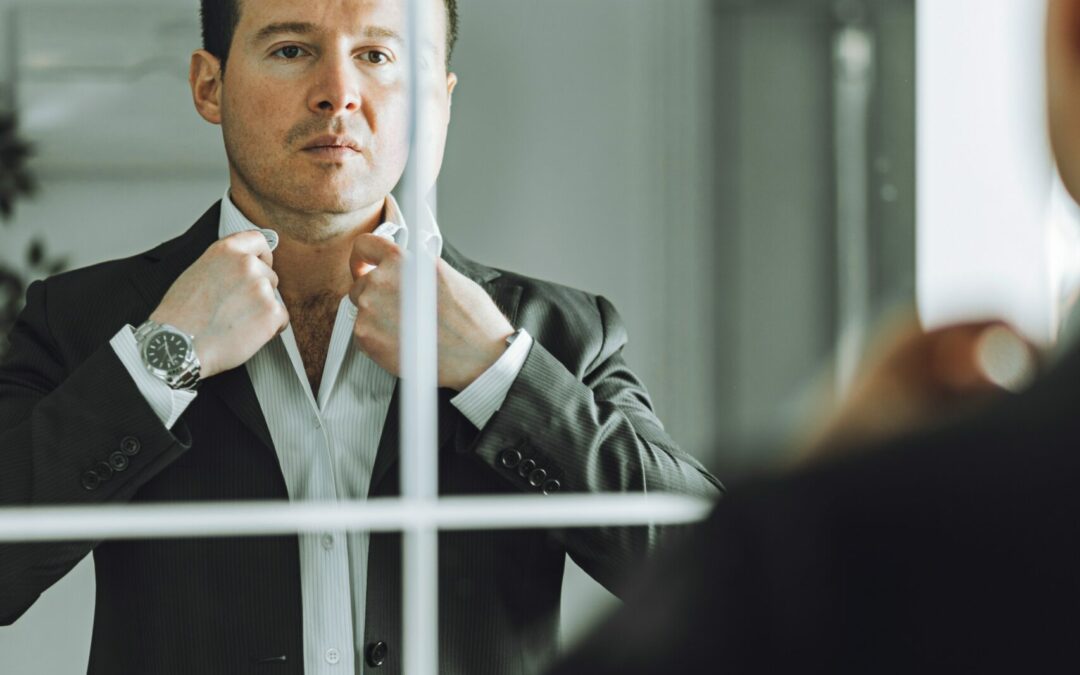
Whether thou know it or not, you own a personal brand. When you type your name on Google, what pops up? Your brand is the first impression people get of you. Are you prepared for what Google has to say? With the emergence of social networking, forums, and platforms, your online reputation isn’t just limited to what others may say about you. It can now take on a life of its own and be viewed as representative of who you are in today’s business world.
What is a personal brand?
Timothy Ferris, an American entrepreneur, investor, author, podcaster, and lifestyle guru, said,
“Personal branding is about managing your name – even if you don’t own a business – in a world of misinformation, disinformation, and semi-permanent Google records…”
Here are many myths online, and one common one is that the term “branding” used to be bespoken for businesses, but personal branding has only become requisite with the advent of the online world.
That’s not true.
Our company Image Group International has been developing, positioning, and monetizing personal brands for CEOs, entrepreneurs, and leaders since 1989, years before Google even existed. Technology, however, has enabled personal branding to be leveraged on steroids like never before.
A personal brand is the unique amalgam of experiences and skills that make you who you are, and it is actually how you are presenting yourself to the world.
Why is it more important than ever?
Having a personal brand is so tremendously undervalued. The first question is evermore, “Ok, but what is the ROI?”
To put it in other words of Gary Vaynerchuk, “What’s the ROI of your face?”
Your Personal Brand is the first impression people have of you. It’s the lens through which they see you, and in many ways, it defines you. We all have one, whether we do anything about it or not. The question then becomes: What kind of image development are you projecting? If people recognize you in-crowd, you hold market value. They acknowledge who you are without wanting to be directly told, you have market value. Furthermore, if people seek you out, you hold market value because they understand you and what you’re about.
How do you measure that ROI?
Founders Who Have Built Well Known Personal Brands
Exhibiting a tremendous personal brand doesn’t happen overnight, and it’s necessary to communicate your purpose and direction to your audience in a genuine way. Here are some examples of famous personalities who have built incredible personal brands through hard work, a long-term focus, and persistence.
- Richard Branson:
Richard Branson has consistently been true to his core values, including taking risks and going on adventures. He has often done precisely what other industry leaders have warned against; he has even dressed up as a flight stewardess for one of his competing airlines just for publicity. This outrageous sense of daring has helped him to cultivate an impressive brand. Branson is one of the most successful entrepreneurs of the past century.
Branson says, “Too many companies want their brands to reflect the ideal image of themselves. As a consequence, their brands acquire no texture, no character, and no public trust.”
- Gary Vaynerchuk
“Your personal brand is not just another tool for self-promotion, it is what defines who you are, what you stand for, and persuades others to listen to you,” says Jon Michail.
In 2009, he signed a 10-book deal with HarperStudio, reportedly for over $1 million, and released his first novel, Crush It! Why Now is the Time to Cash in on Your Passion, in late 2009.
Vaynerchuk started by hosting a blog on YouTube called Wine Library.
- Oprah Winfrey:
Oprah is unquestionably the goddess of personal branding. According to Forbes – she is continually building equity in her brand, which has an appraised net value of $2.5 billion. Oprah is an American television host, actress, producer, and philanthropist. She is popular for her talk show The Oprah Winfrey Show.
Each show opens with a monologue from Winfrey where she talks about daily issues, answers letters from viewers, discusses problems from viewers, and gives inspirational words of wisdom.
A leader’s personal brand is closely tied with the company
A CEO’s personal brand is not solely about them; whether wrong or right, it is inevitably parallel to their company and seeps into any outer entities they might represent. Beyond inspiring and building a team, a CEO must protect the company’s brand. Therefore, their position of privilege and authority requires a CEO to be much more careful in representing all the organizations to which their name is to attach. A CEO should exhibit a high level of professionalism and restraint; be accountable; demonstrate leadership- strive to be approachable yet remain above negative distractions.
It is essential to remember that not all you believe in needs to be part of your public persona. In this era of social media, the lines separating the personal, professional, and private spheres are more blurred, resulting in distorted narratives that often mislead nuanced positions.
How can you go around building your personal brand?
A judicious array of issues rooted in authenticity is a reliable foundation for your personal brand. With the variety of hot-button topics that many politically charged CEOs are presumed to have, operating the myriad of issues to talk about can become a full-time job.
It is best to select one or two that align with the values and associated organizations and back up the talk with concrete action. Leaders need to weigh their choices through the eyepiece of impact on their companies, staff, and reputation management.
Start by answering these five questions to help you develop a sense of your personal brand:
- Do you want recognition?
- Are you uniquely an expert in?
- Kind of impact or legacy do you wish to leave behind?
- Kind of audience do you have?
- Platforms are the best channels to share your message and amplify your voice?
Conclusion
The brand image of a CEO is a myriad of experiences, news items, stories, social media, and customer testimonials, which reflect the CEO’s character, approach, and confidence. It captures their strength to articulate with confidence their vision for the expectation of their firm.
The most significant mistake many CEOs make is adopting a persona that they cannot live. Espoused but unlivable personal brand perceptions create cynicism because they promise what they cannot deliver. My advice is to be yourself. Add value to all your encounters.
Be courageous and articulate your vision for the future of your company, and then live it – “walk the talk”. Business is about resolving customer queries and migrating as their requirements develop. If you do very well, your personal brand will illuminate, and the value of your business brand will grow way beyond past expectations.
Time to plan your next move?
To learn more about Personal Branding and how it can help you build a stronger voice, visit our website.

